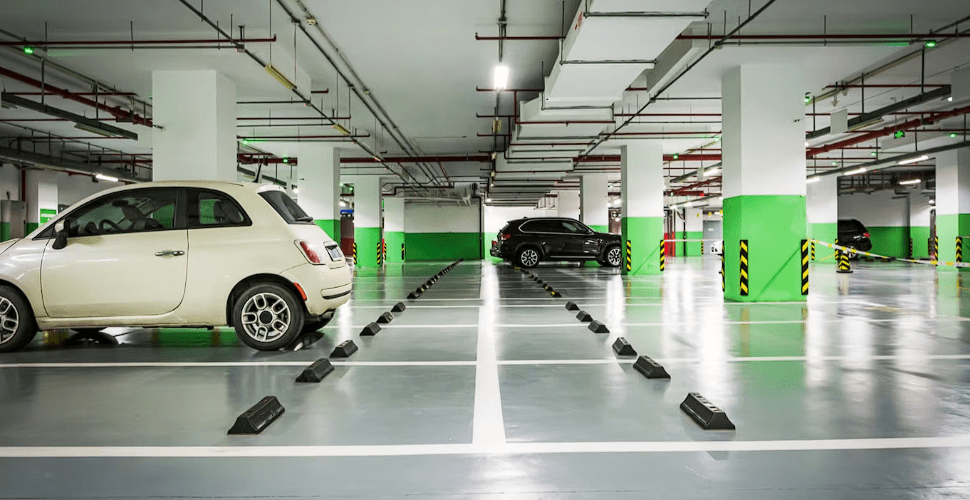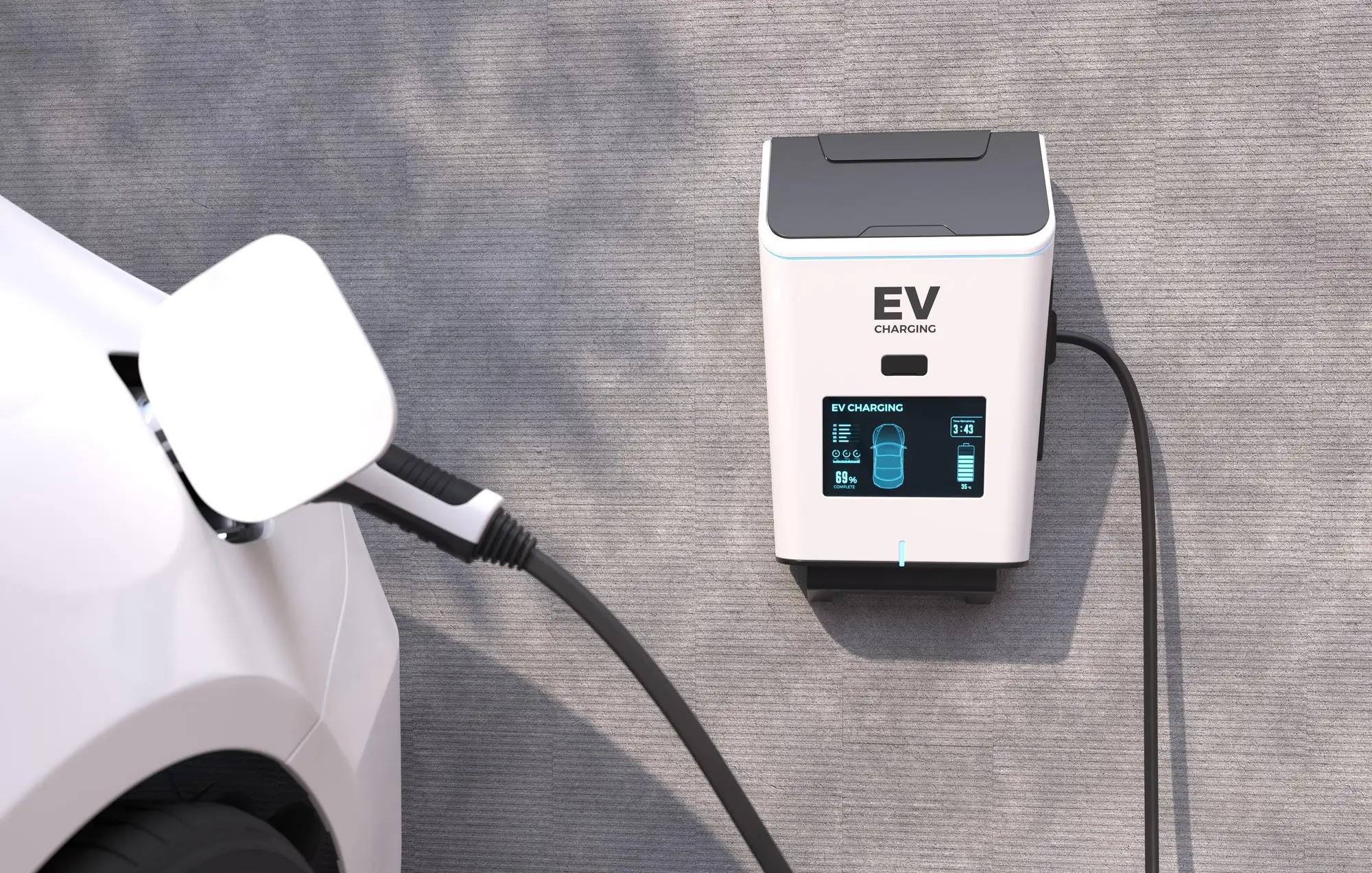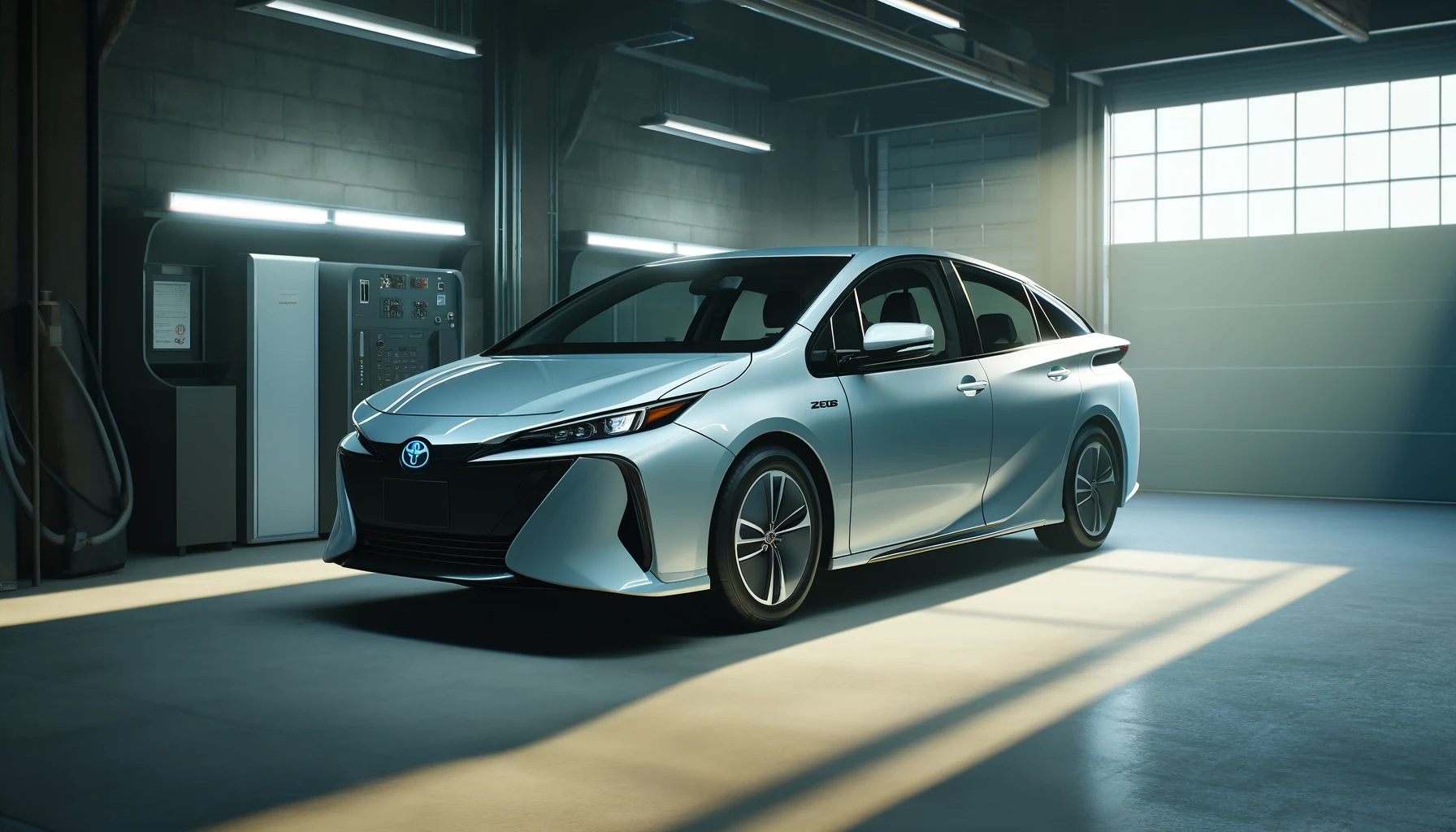Can Parking Garages Handle the Weight of EVs? (PDF)
Electric vehicles are gaining popularity across the globe, with countries like the UK pushing for the widespread adoption of EVs to meet their carbon reduction targets. However, as more people switch to EVs, there is growing concerned about the ability of parking infrastructure to support the added weight of these vehicles.

The Impact of EVs on Parking Infrastructure
According to a new report by the British Parking Association, multistory garages built in the 1960s and 70s across the UK may not be sturdy enough to bear the weight of electric vehicles. The main culprit behind this issue is the weighty battery packs that EVs come equipped with, which can make them much heavier than their gasoline-powered counterparts. This weight disparity is especially pronounced in smaller models, which have traditionally been the norm in the UK. As a result, older parking structures may be at risk of structural damage, highlighting the need for operators to upgrade and adapt their facilities to accommodate the unique needs of EVs.
The report has raised concerns that older parking garages could collapse under the added weight of EVs. Structural engineer Chris Whapples has advised garage operators to assess the strength of their facilities and consider implementing weight limits to ensure the safety of drivers and their vehicles.
However, weight is not the only concern raised by EVs when it comes to parking garage operators. The recent recall of the Chevrolet Bolt due to a defect causing battery fires has led some garages to prohibit the vehicle altogether. This highlights the need for parking garage operators to be aware of the potential risks associated with EVs and to take steps to mitigate them.
As the UK continues to push for the widespread adoption of EVs, it is essential that the country’s parking infrastructure is able to support the added weight and unique features of these vehicles. This will require a significant investment in upgrading and strengthening existing parking facilities to ensure they are fit for purpose.
overall, while the rise of EVs presents an exciting opportunity for a greener, more sustainable future, it is important that we do not overlook the challenges associated with their adoption. As we move towards a more electric future, we must ensure that the infrastructure is able to keep up with the pace of change.




